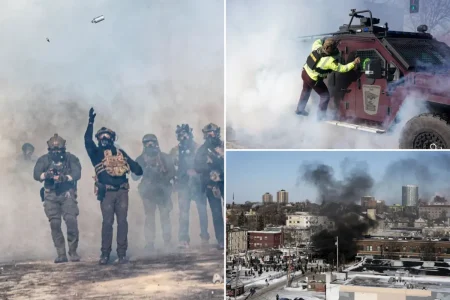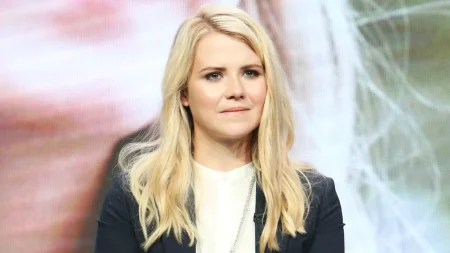The Faroe Islands: Underdogs of the North Atlantic
The Faroe Islands stand as a testament to resilience against all odds. Scattered across the harsh North Atlantic like emerald fragments, this tiny archipelago has carved out its unique place in the world despite its diminutive size. What makes this nation particularly remarkable is the dual identity of its sports representatives—athletes who balance national pride with everyday responsibilities. Unlike their competitors from larger nations who enjoy professional contracts and state-of-the-art facilities, most Faroese team members return to their day jobs after representing their country, working as teachers, fishermen, construction workers, and in numerous other professions that form the backbone of their society.
This duality defines the Faroese character. With a population barely exceeding 50,000 spread across 18 volcanic islands, the nation has developed a profound sense of community and interdependence. The harsh weather conditions and geographical isolation have fostered a culture where perseverance isn’t merely admired—it’s essential for survival. When Faroese athletes step onto the international stage, they carry with them this cultural heritage of resilience. Their sporting achievements, while perhaps modest by global standards, represent extraordinary accomplishments when viewed through the lens of their limited resources and challenging circumstances. The players’ commitment to representing their tiny nation while maintaining regular employment speaks volumes about their dedication and the unique Faroese spirit.
The islands themselves mirror this underdog mentality. Dramatic landscapes dominate the archipelago, with steep cliffs plunging into turbulent seas and verdant valleys carved by ancient glaciers. These islands have withstood centuries of fierce Atlantic storms, just as their inhabitants have weathered historical challenges including foreign rule, economic hardships, and the constant struggle against geographic isolation. The Faroese have preserved their distinctive language and cultural traditions despite centuries of Danish governance, maintaining a strong sense of identity that permeates all aspects of life, including their sporting endeavors. When Faroese teams compete internationally, they aren’t just representing a country—they’re embodying a cultural resilience that has defined these islands for generations.
This underdog status creates a unique relationship between the Faroese teams and their supporters. On match days, the islands practically shut down as communities gather to support their representatives. The connection between players and fans transcends the typical athlete-spectator relationship—these are neighbors, relatives, and colleagues. A Faroese goalkeeper might be the same person who taught your child mathematics the previous day; a midfielder might be the carpenter who recently renovated your home. This intimate connection creates an atmosphere of authentic support rarely seen in professional sports. When the team achieves even modest success on the international stage, the entire nation celebrates as one, recognizing these achievements as victories not just for the team but for their collective identity as Faroese.
The challenges facing Faroese sports extend beyond their amateur status. The islands’ infrastructure presents significant hurdles, with limited training facilities that often must be shared among multiple sports and age groups. The harsh weather conditions frequently disrupt outdoor training schedules, forcing creativity and adaptation. Travel logistics for international competitions create additional complications, with teams often facing lengthy journeys involving multiple connections before even reaching their opponents. Despite these obstacles, the Faroese approach their sporting endeavors with remarkable optimism and determination. Their teams have occasionally achieved stunning results against much larger nations, moments that have become embedded in the national consciousness as symbols of what can be accomplished through collective effort and unwavering commitment.
As the world of sports grows increasingly commercialized, the Faroese model offers a refreshing alternative—a reminder of sport’s capacity to reflect and strengthen community bonds. While the islands continue to develop their sporting infrastructure and some athletes have managed to secure professional contracts abroad, the fundamental character of Faroese sports remains rooted in this dual identity. The player who scores a crucial goal for the national team might be processing your loan application the following morning or teaching your children. This reality creates an authentic connection increasingly rare in modern sports. The Faroe Islands may remain underdogs in international competition, but their approach embodies values that transcend victory and defeat: community, resilience, and the pure joy of representing something larger than oneself. In a world often defined by professional specialization, these islands remind us of the power of versatility and the enduring strength found in close-knit communities facing challenges together.







